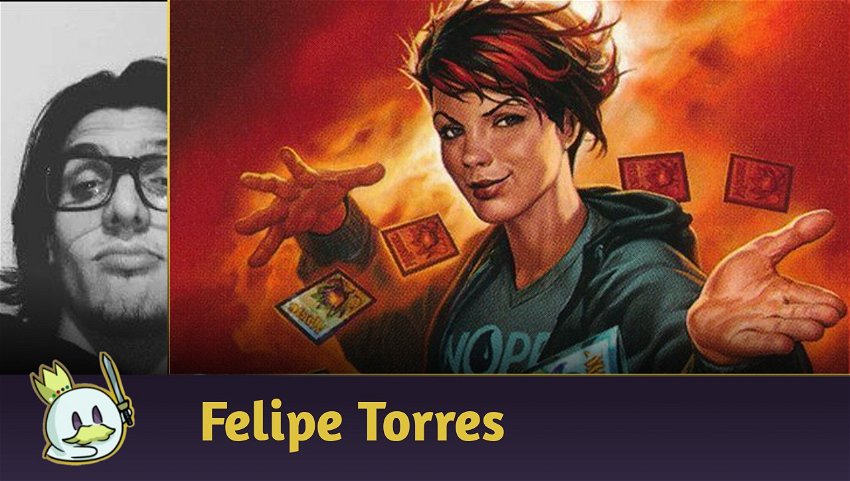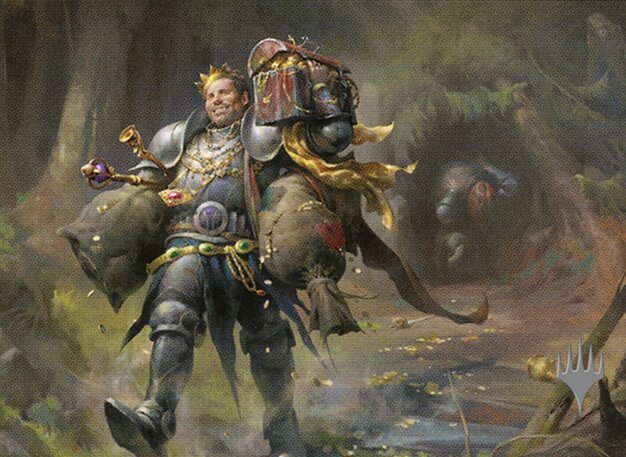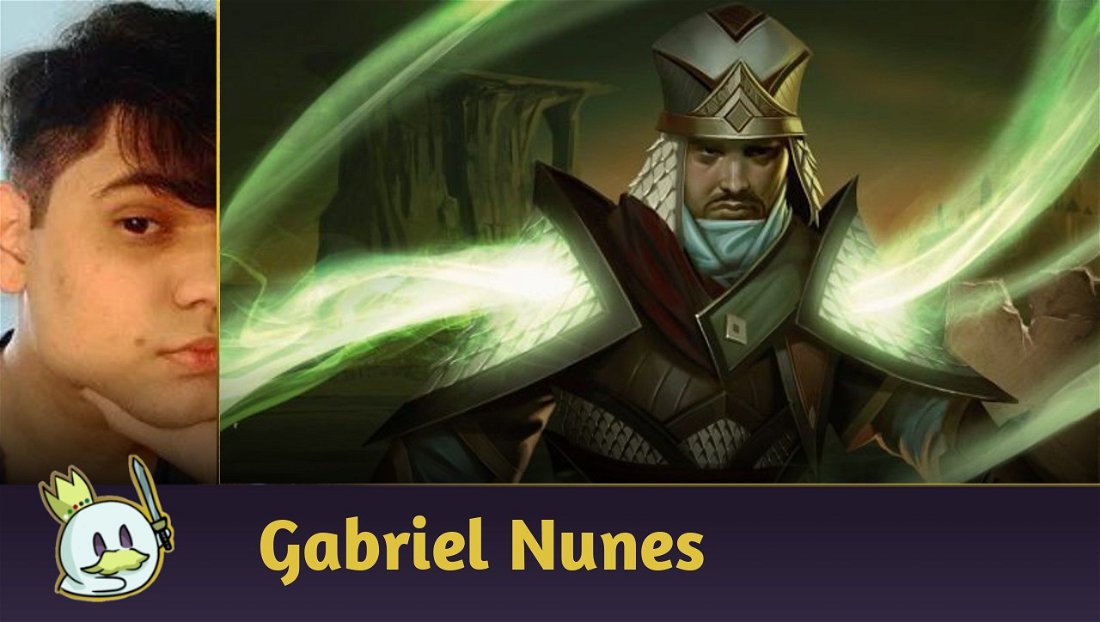Tips for venturing into Commander tournaments
I've gathered some important tips for those who want to venture into commander tournaments, based on experiences I've acquired and reports from friends and colleagues over the time I've been playing Magic.
I believe that they are essential to achieve better results in tournaments and competitive REL events, and that they can be a differential for those who wish to participate in them.
1- Get familiarized with your deck
Understanding how the deck you are going to use works is more important than having the best list possible because you know what you can and can't do, in addition to being more comfortable at the table (and only with time playing with the deck or a lot of experience in Magic itself you can do that), you will have a better view of the plays, being able to better identify the lines that will put you closer to victory; Unlike when you're using decks that you don't have as much experience with, with a relatively new deck you can end up getting confused about which plays to make, which decks pose the greatest threats to yours, etc.
Ad
On top of all this, you will be in a pressured environment, whether online or in person, and anything you can do to make things less uncomfortable for you is welcome.
To give you an idea, even when I was testing some new build for a tournament, just by using a commander and a specific set of cards with him, I was already feeling more relaxed.
2-Get organized and prepare for the tournament
If it's going to be a day-long tournament, let the people who live with you, spouse, father, mother, dog, parrot, know and do everything possible so that there are no other commitments arising during the event - this is a perfect scenario, and it's very difficult to happen, even if you get organized, but the most things you can relocate or do on other days, the better.
It's also important to assemble and test the list in advance if you have to send the list beforehand, and in the case of online tournaments, don't leave it until the last day, in addition to shuffling the deck well - all this is important to be well-prepared and organized for the event.
Another very essential thing is, if it is a tournament that will take a whole day, to have the food prepared or pre-made in case you need to make it or already have in mind what you will order. Not staying up all night before a tournament is also important, as well as hydrating yourself well — I know it sounds like health advice, but the tip is there, as physical preparation and concentration can make a difference.
3- Don't be afraid to Mulligan
In Magic, if we are not satisfied with our current hand, we can use the mulligan, which consists of shuffling the entire hand into the deck and taking 7 new cards — for each mulligan performed, we have to put a card from the hand at the bottom of the deck. In Commander this happens differently, we have a free mulligan before we start playing the cards from the hand to the bottom of the deck, this makes it possible that, even with a bigger deck than in formats like Modern and Pioneer, we get a playable hand.
The starting hand represents a good part of the cards you will have access to, so you must keep a hand that can keep you during the early game and have some tool to guide you well into the mid-game, have mana for two to three turns and cards that initiate or maintain your deck's strategy. Don't keep a hand depending on which card will be at the top of your deck, this often means defeat - good starting hands give you a better chance of winning.
4- Pay attention to the Event's Metagame
If you're going to participate in a one-day tournament or a month-long online tournament, try to research and understand what kind of decks play in that event — if it's a tournament with restrictions, like Commander 100 (where deck construction has a limit of up to 100 USD), you might face entirely new decks that you don't know about, so it's important to know how the decks that play in that Metagame work to deal with them, and especially if your deck has room for interactions because you'll need to identify the most efficient kinds of interactions to that environment
Ad
Still sticking to the example of the Commander 100, there is a huge predominance of dorks and dependence on the Commander, so one-off and sweepers that affect these permanents tend to be more efficient.
If it's an open-list tournament, even if it's a single day, I recommend that you take a look at your opponents' lists to see exactly what you might end up facing during the match.
5 - Don't be afraid to call a Judge
Don't be afraid to call a judge if you have any questions or see any irregularities — they're in the tournament to keep it as fair as possible. If you notice any kind of irregularity, some deck manipulation or altered cards that hinder identification, you can call the judge.
Even if it is not something intentional, it is important to call the judge, so he can know what is happening and perform the correct attitudes towards the situation.
Use opaque sleeves, especially if you run double-faced cards and even more if you use cards whose back is damaged and can be noticed by you or an opponent and, if that's the case, this can have consequences, and you can take a warning, or even disqualification depending on what the judge believes your intentions are with the marked card. Keep some extra sleeves ready in case you damage one by shuffling.
6- Don't be rude
This should be the most indispensable rule for a tournament where you're dealing with other people, whether in person or online; do not take actions or say things that may offend a player, respect the pronouns of the people you are facing.
Remember that the most important part of Magic is Gathering, and if you're toxic with someone in any way, it can affect them and make them feel bad — and if that's not reason enough, remember that too may be disqualified for bad conduct.
I, as a player, tend to be very communicative; whenever there's an opening I like to talk during the game, mainly to relieve nervousness, but not every player is open to that — some might get annoyed, others love it, so respect is essential, as well as talking to other players beforehand to understand what the game profile of each one is.
If you have some criticism regarding an opponent's play, leave it for after the game, talking to them if they want too: there are many players who love to talk after matches even during tournaments.
Conclusion
I hope you enjoyed the article, that it added something for you who read this far! If you think I didn't give you a tip that you think is important, leave it in the comments.
Good week and good games!









— Comments0
Be the first to comment